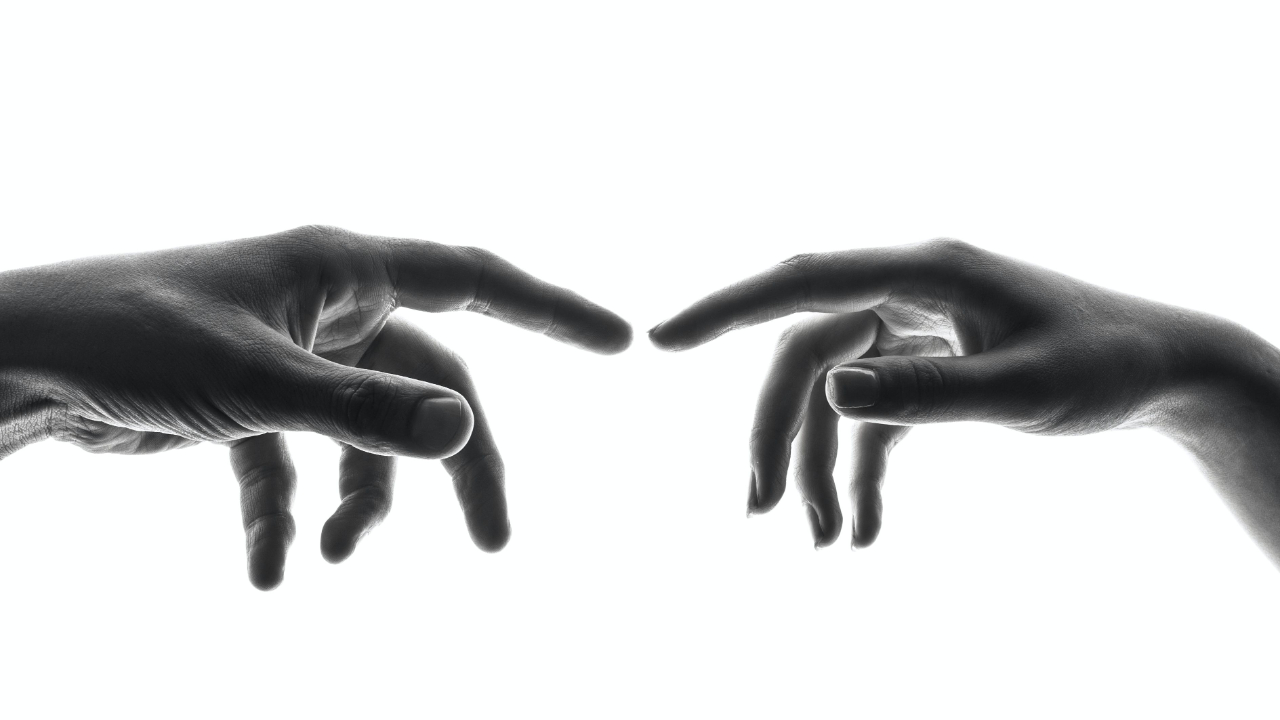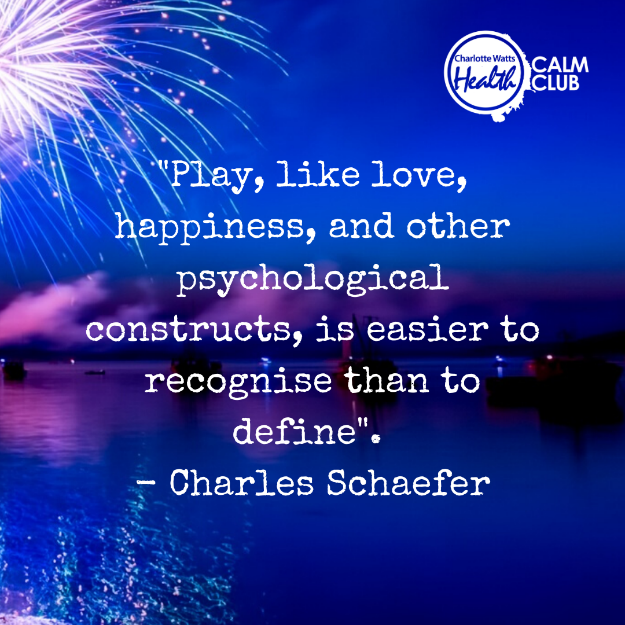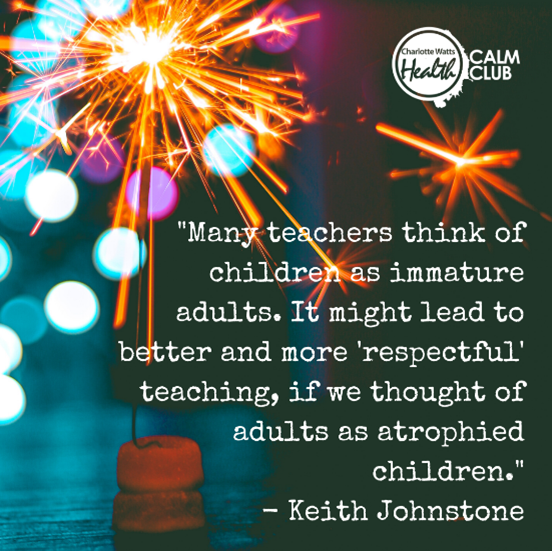Reconnecting with Spontaniety
Aug 17, 2023
Play as children is how we learn about relationships, literally play out scenarios and develop our physicality and how our inner feelings relate to the outside world. Sadly, much of these experiential and symbolic expression is inhibited as we get older, as we are conditioned to become more ‘civilised’.
Whilst play can involve spontaneity, expression of larger movements, gestures and emotions, not to mention all manner of noise that can accompany, most adult reactions and responds no longer do. Those adults who express more may be labelled “too emotional”, noisy, childish… all judgments that are rooted in messages that we should be behaving as adults; whatever that construct means!
Similarly though, in our extroverted culture, there can also be an expectation to be fun or credit given for being the ‘life of the party.’ It is not everyone’s natural setting to shout, hold animated public conversations or be the first on the dance floor. Play and playfulness are individual – one person’s dressing up in glitter and costume is another person’s board game on a rainy day. We don’t need to try and be something against our nature, but we can cultivate insight into where we may need more free time to simply be and feel joy.
Charles E. Schaefer, author of 50 books including The Therapeutic Powers of Play was the co-founder and director of the International Association for Play Therapy which focuses “on all the good things in life including happiness, wisdom, creativity, love and courage.” Schaefer laid out some criteria he refers to for using play therapy with children (where the effects of stresses and trauma can be shown and helped through play) but we can use them in our adults lives where we might feel blocked, unable to express how we feel or not want to go into the ‘story’ of our lives.
- We can often communicate better with each other through play interactions than in words – as adults we can lose this vehicle for expression, so need to seek out ways to get back to this ‘inner child’ to move our adult barriers gently to one side.
- The miniaturisation of experiences in play can lead to mastery of stresses and traumas – playing larger scenarios out through games, dance, movement, art or other forms of play can help us make sense of the feelings they evoke; maybe making it easier to talk about them.
- The motoric release of feelings in play actions – whether a sport, game, messing about in the waves or just playing a card game, it all has a bodily involvement to a greater or lesser amount. When we don’t just feel ‘locked in’ to our bodily experience, our natural physical gesture, noise-making and curiosity can be accessed; allowing us the space to explore change, possibility and how these might feel, within a safer context.
 We can observe the vicarious play discussed by football or other sports’ fans – replaying in discussion and bonding with others over ‘the game’. Even if not playing themselves, the commonality of the emotions expressed through movement can be felt by those watching.
We can observe the vicarious play discussed by football or other sports’ fans – replaying in discussion and bonding with others over ‘the game’. Even if not playing themselves, the commonality of the emotions expressed through movement can be felt by those watching.
Whether looking outwards or inwards – or where the two meet and meld – the constant noise of information can be difficult to process and even overwhelming. Although our brains and nervous systems are set to come down to calm to be able to rest, restore, heal, digest and sleep, if we are registering even the slightest amount of threat, those states are not available to us.
Discover Whole Health with Charlotte here, featuring access to yoga classes, meditations, natural health webinars, supplement discounts and more...




